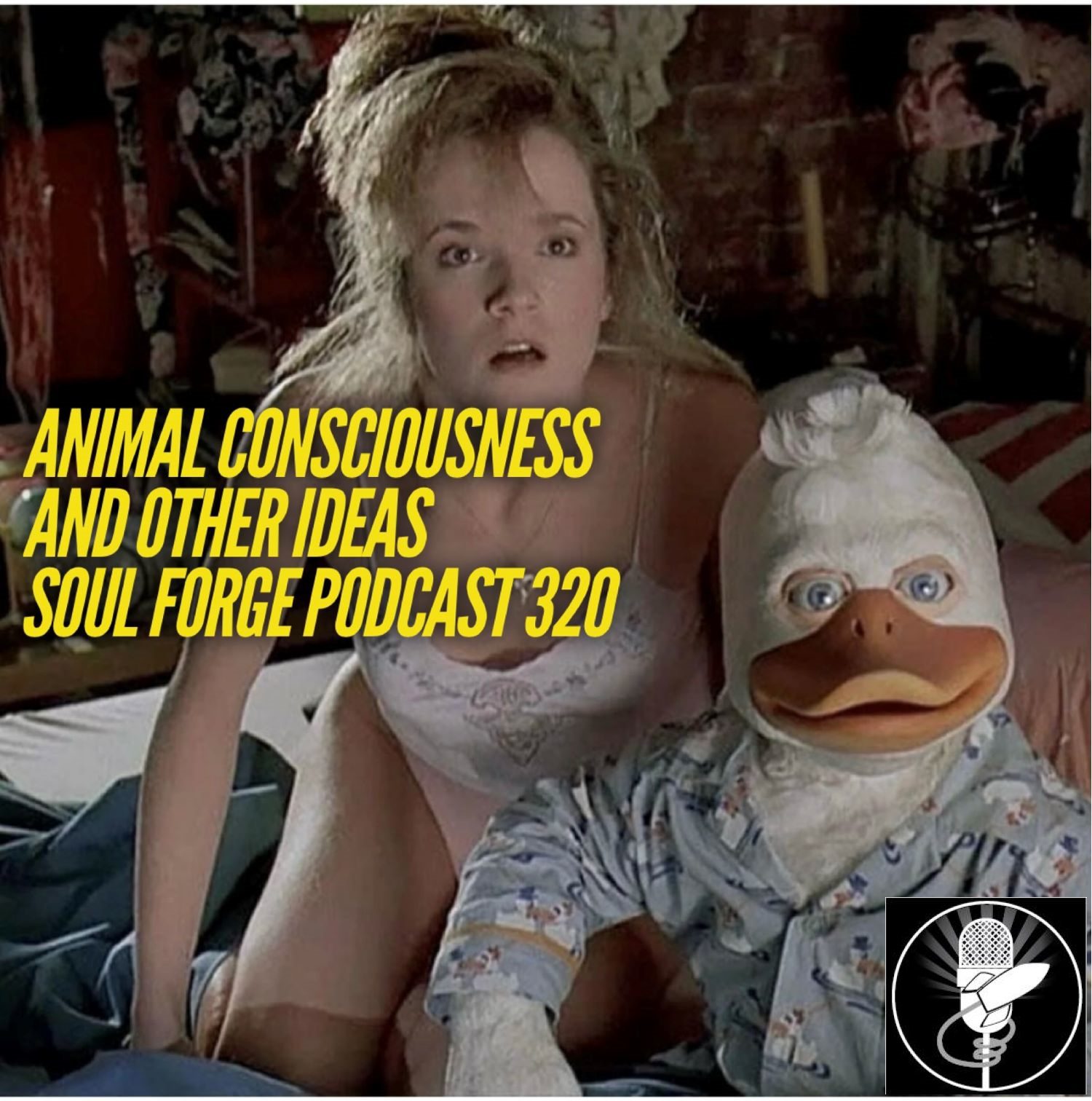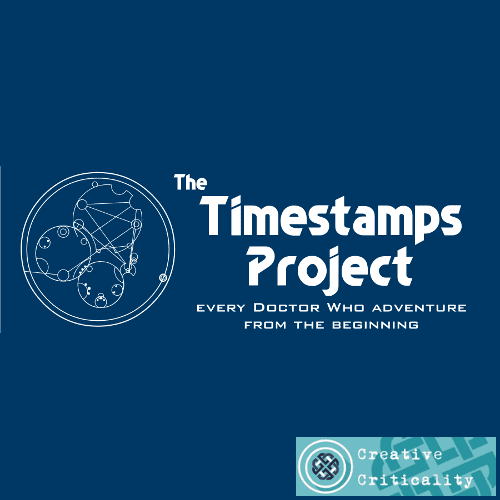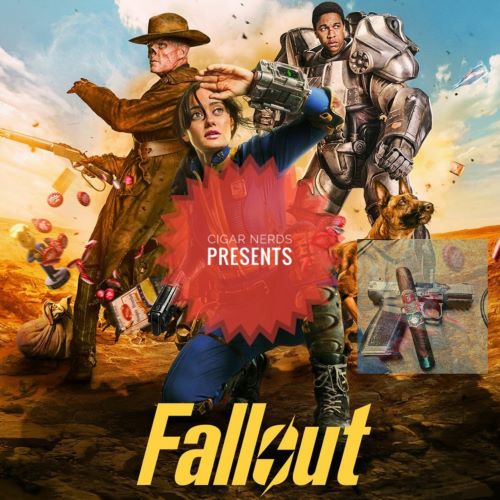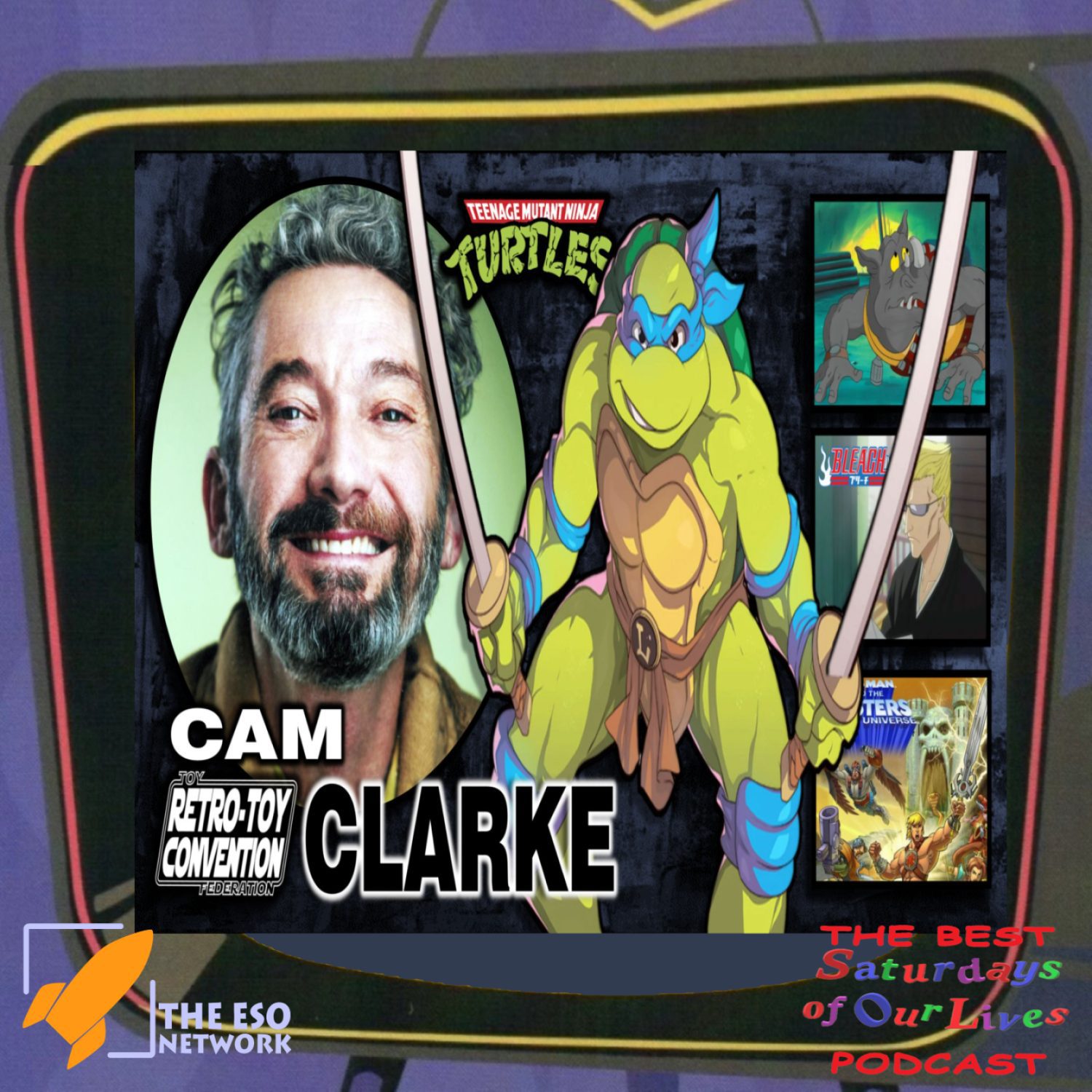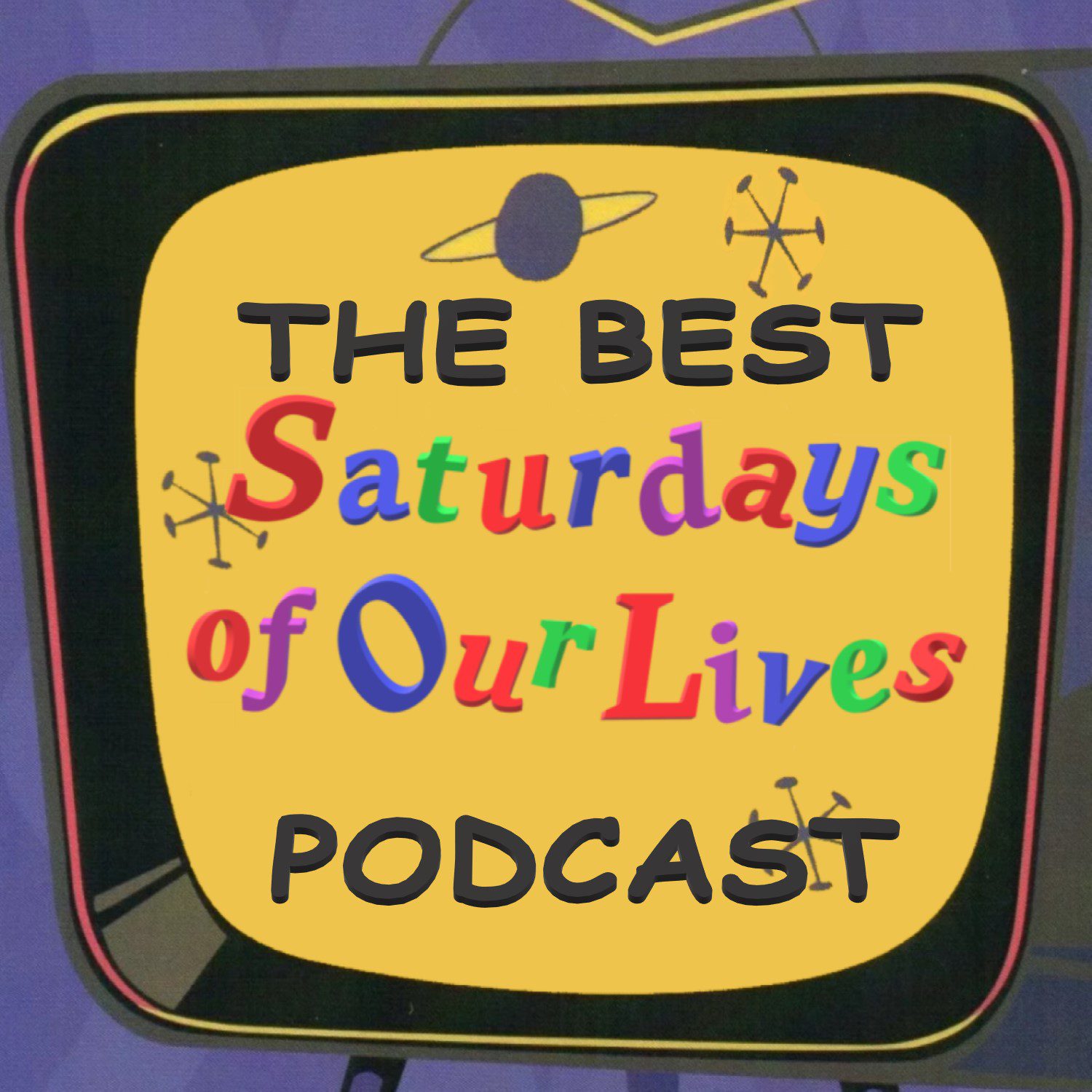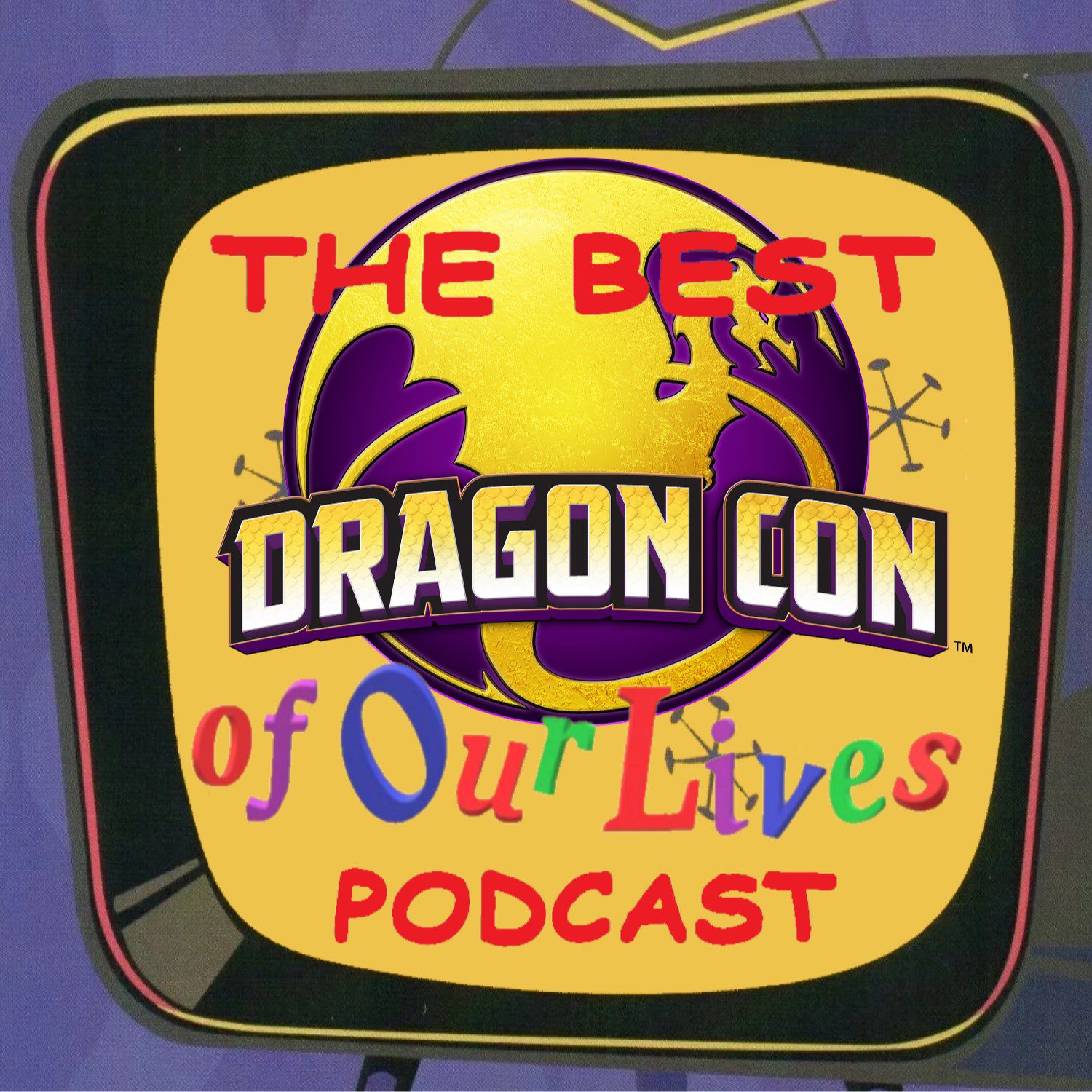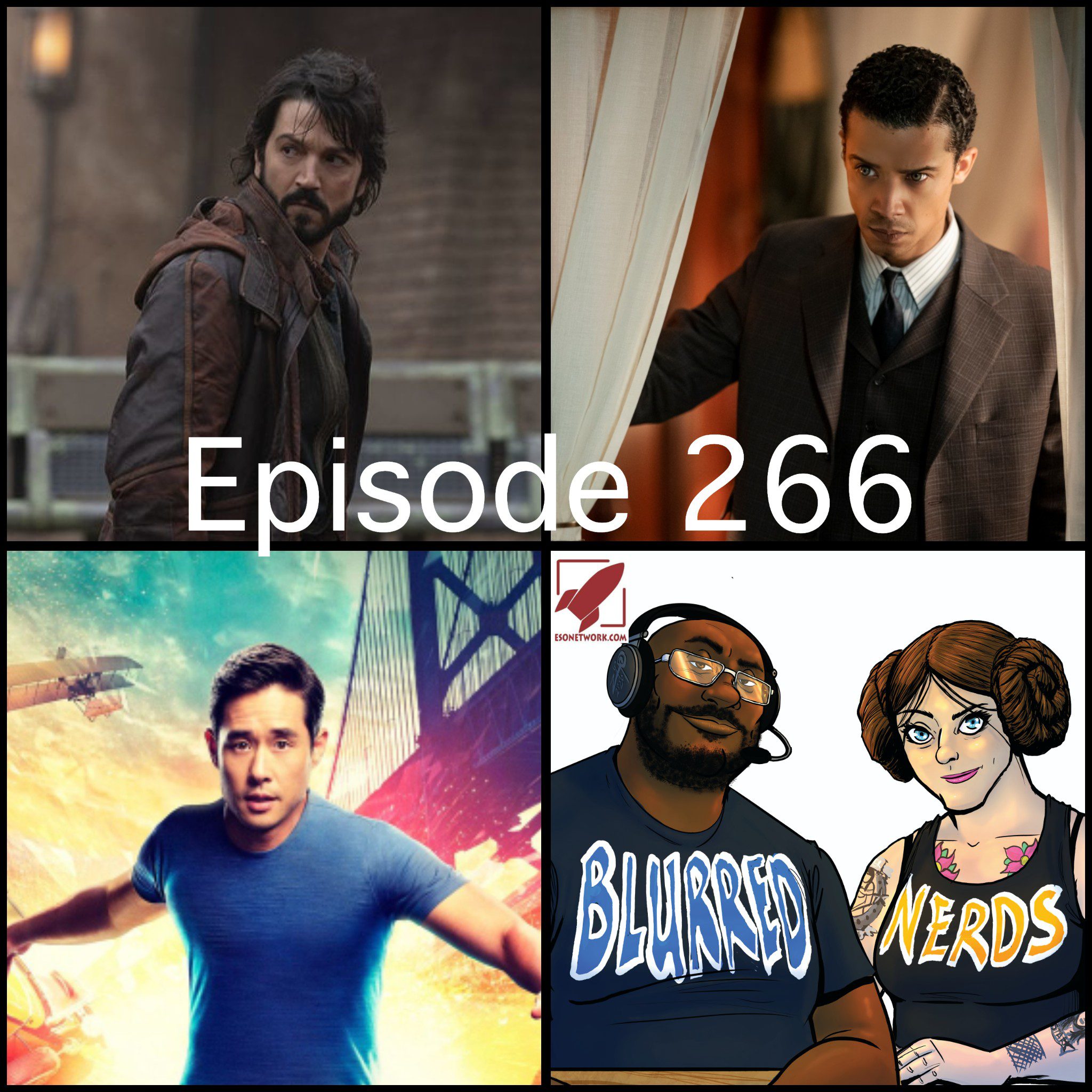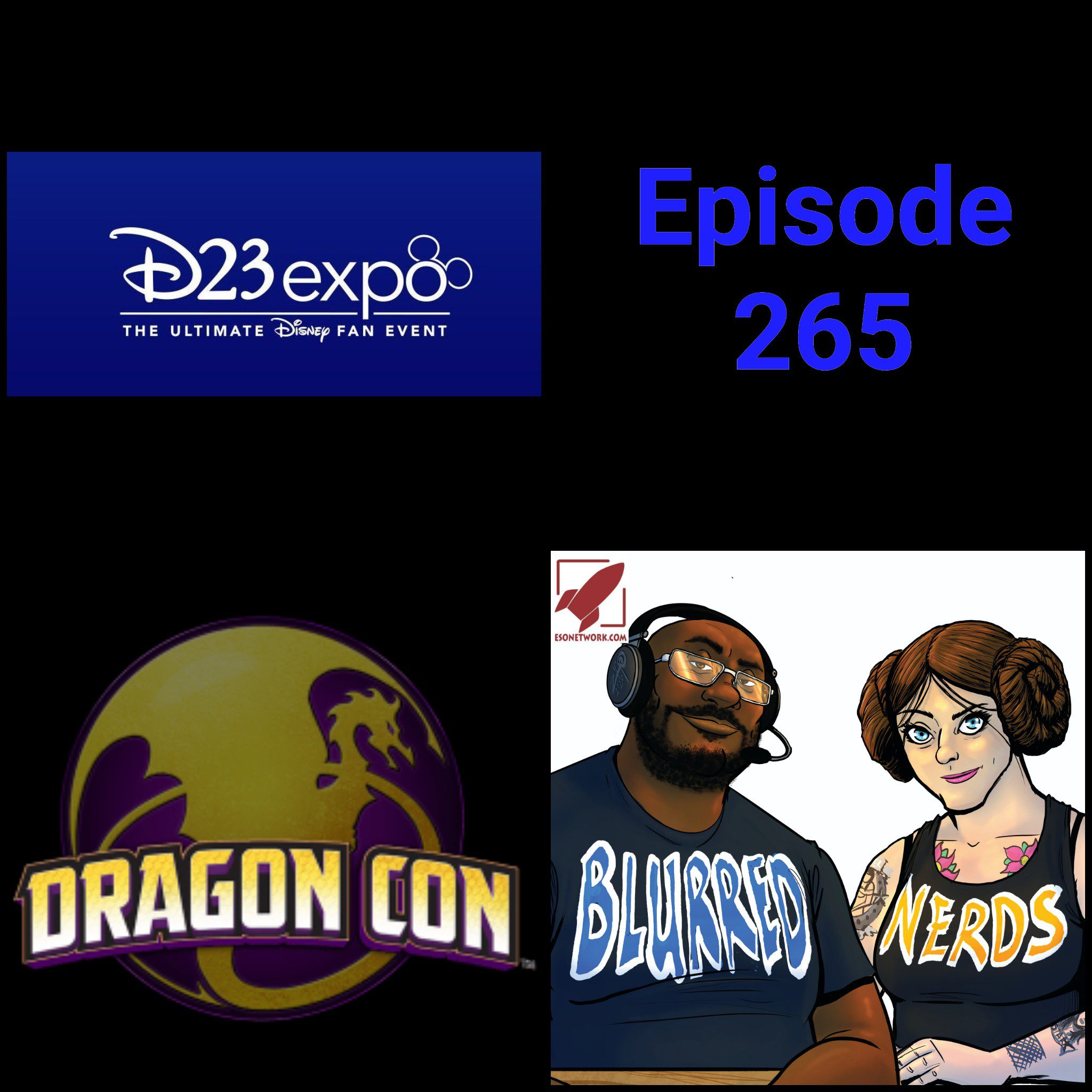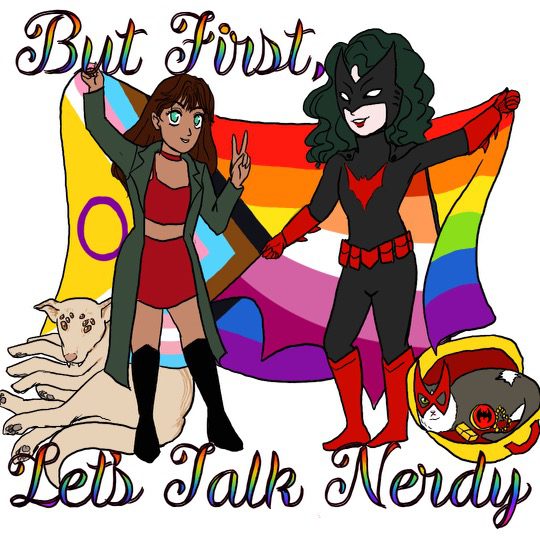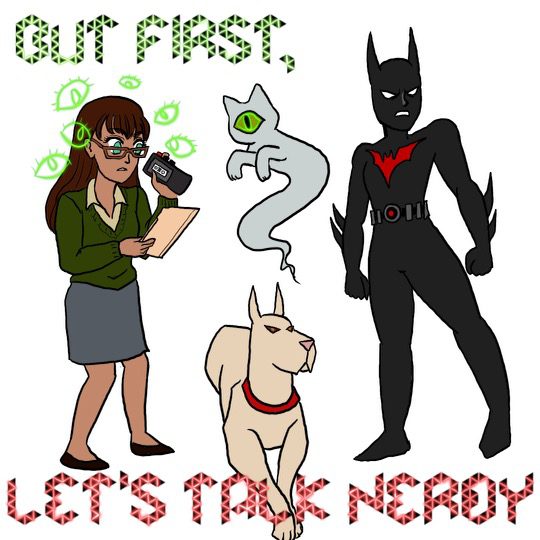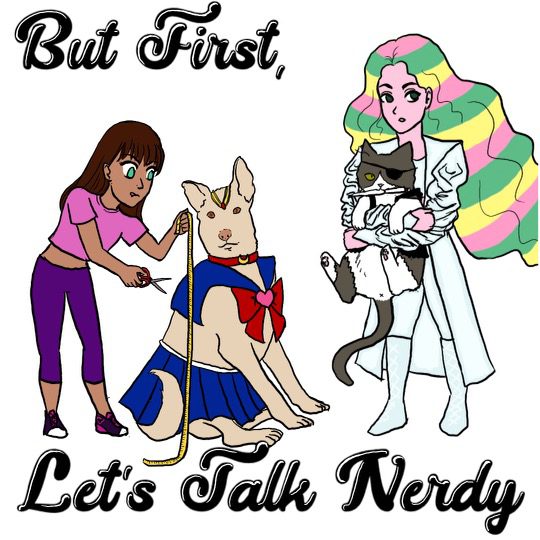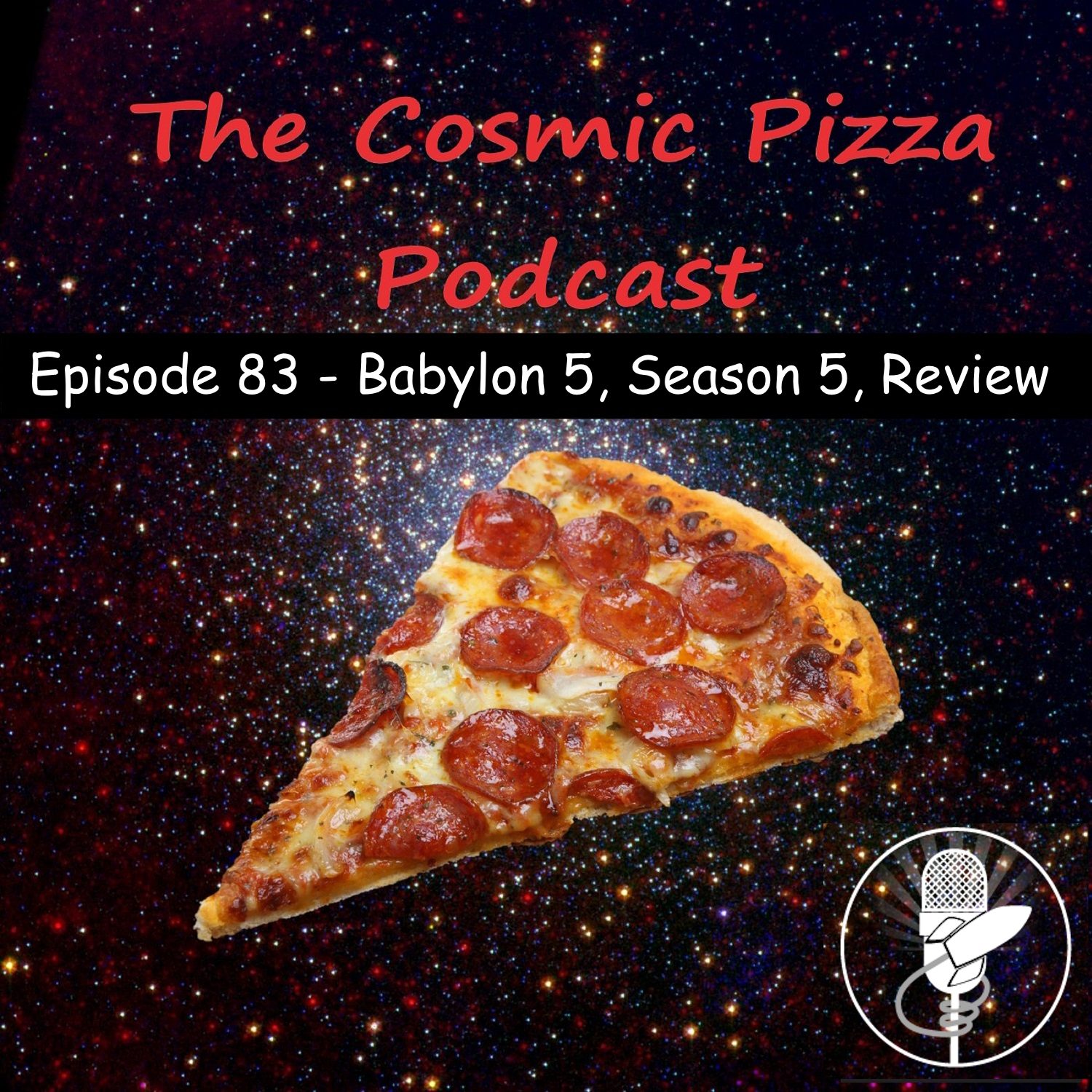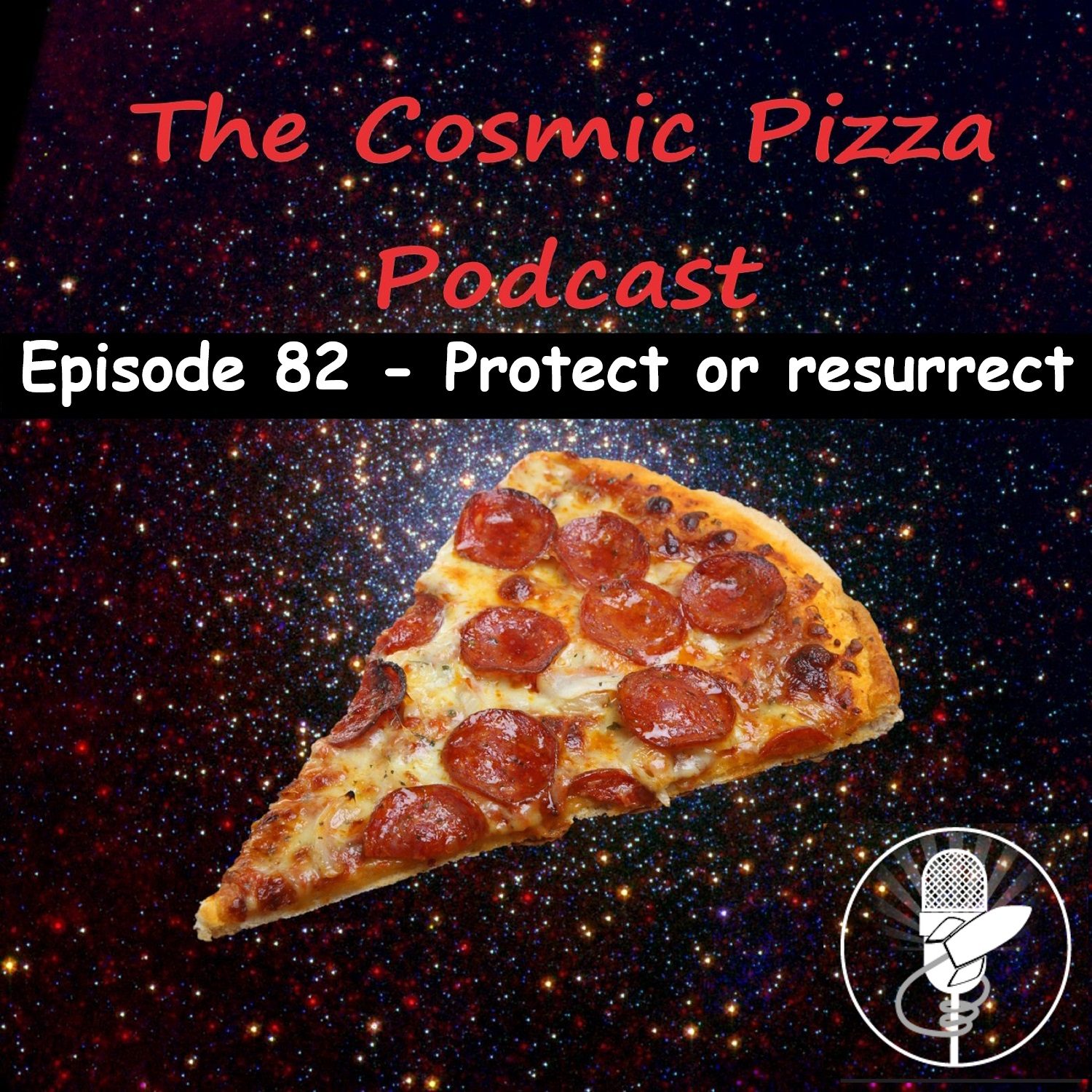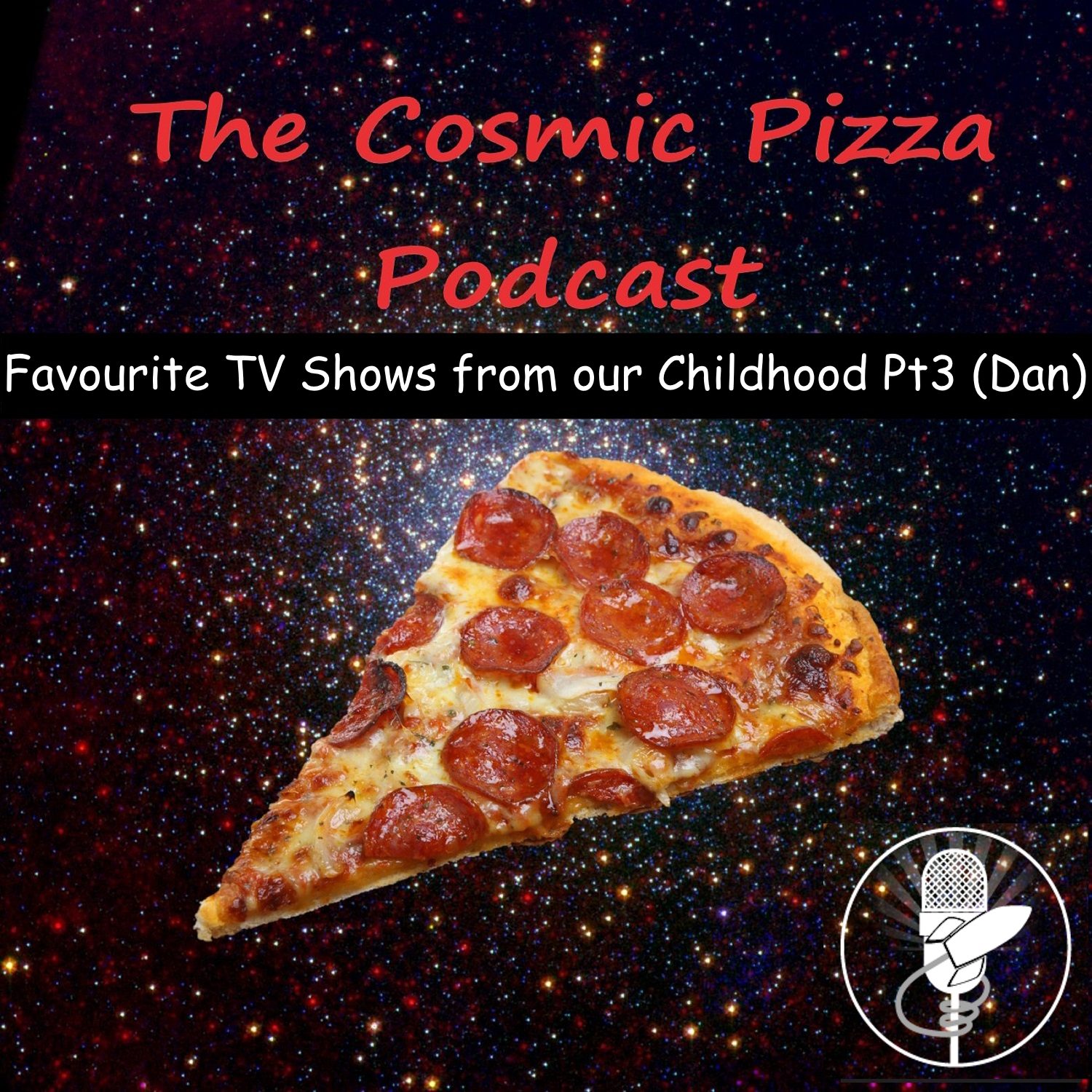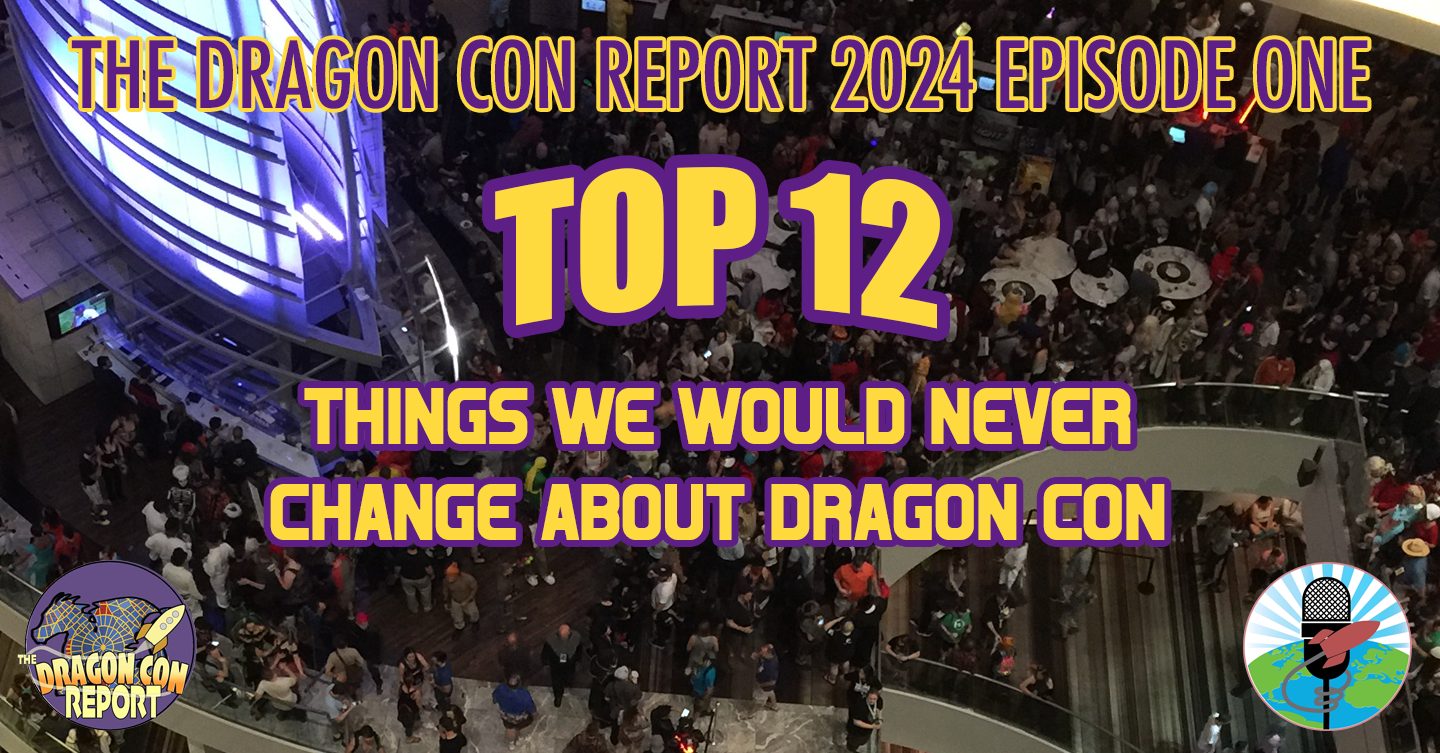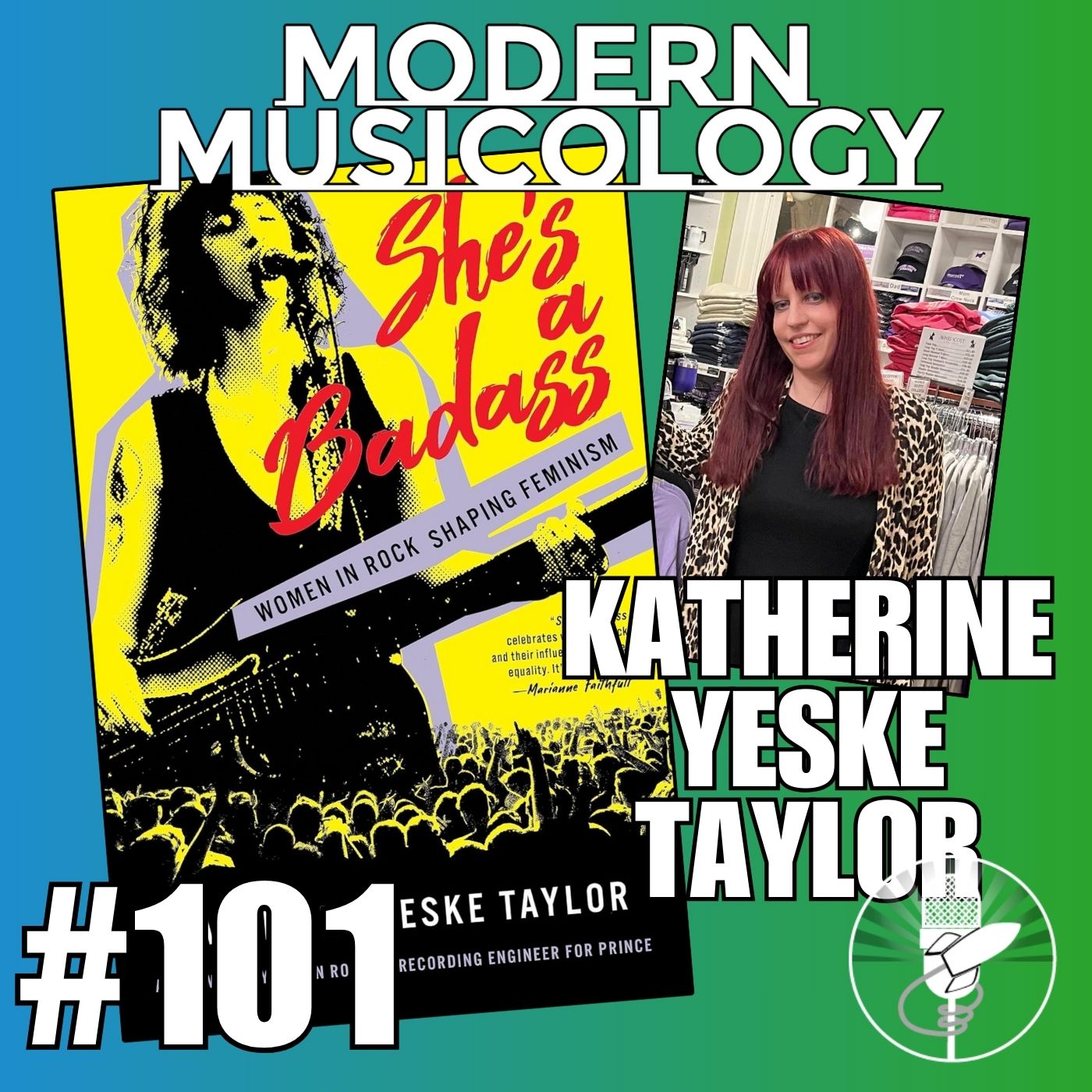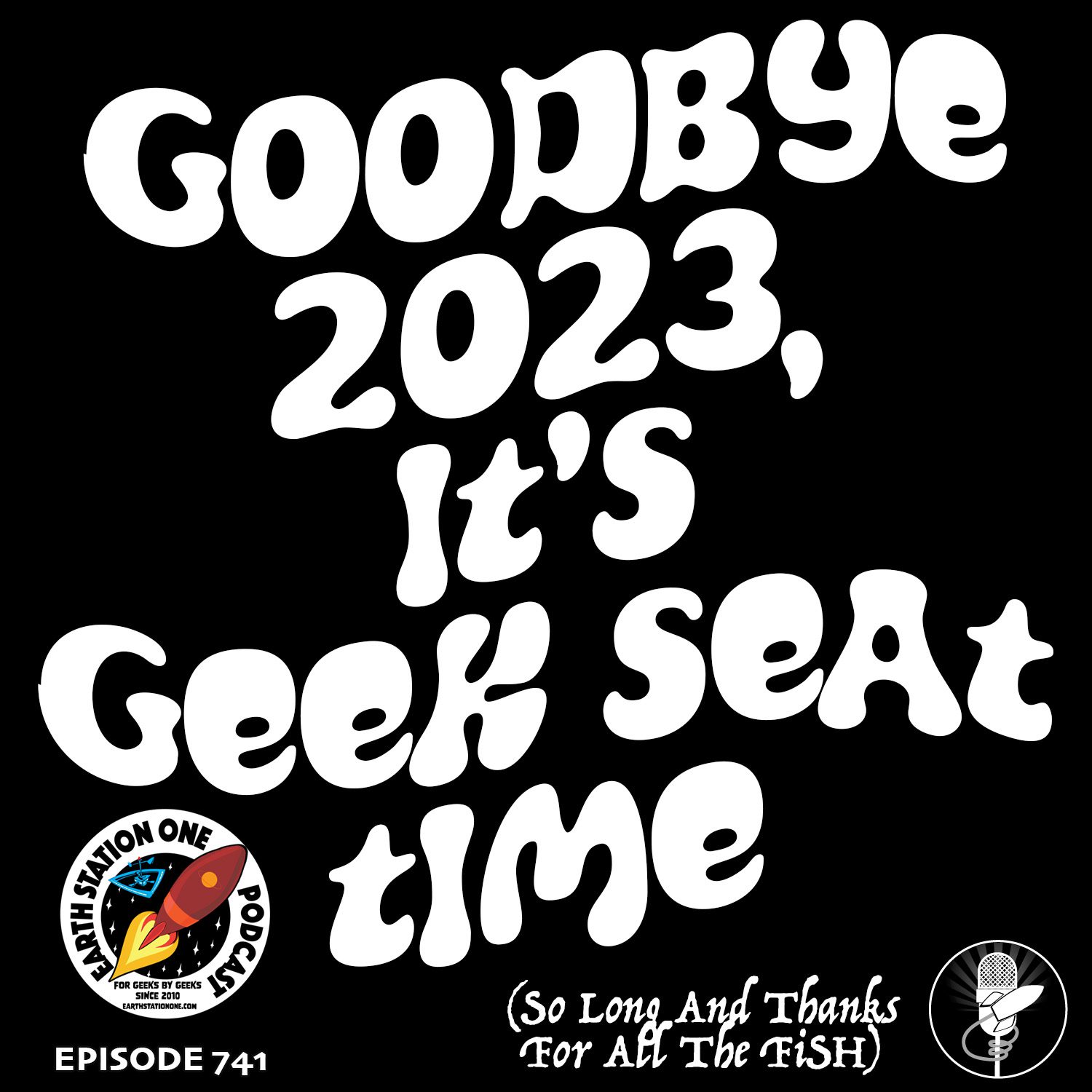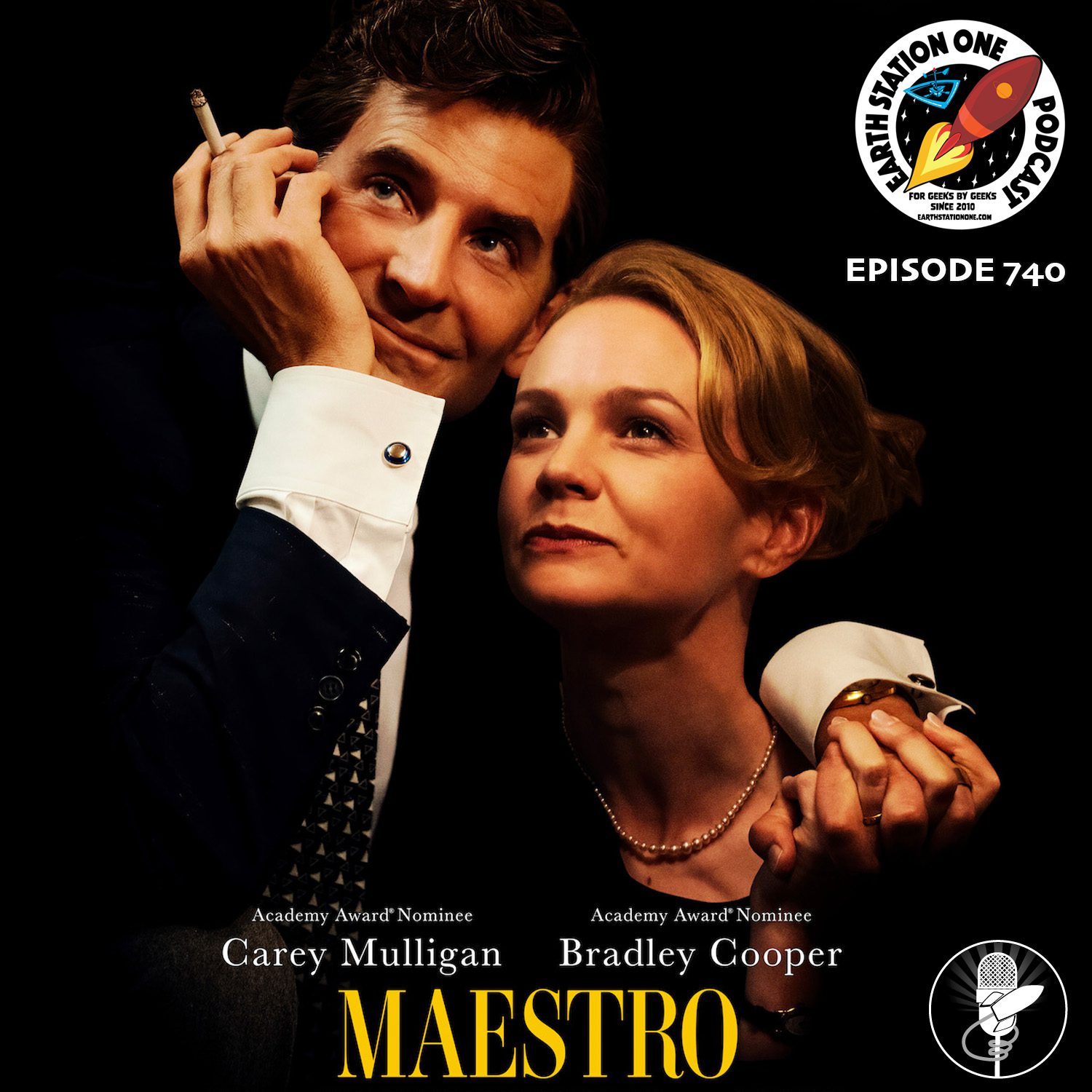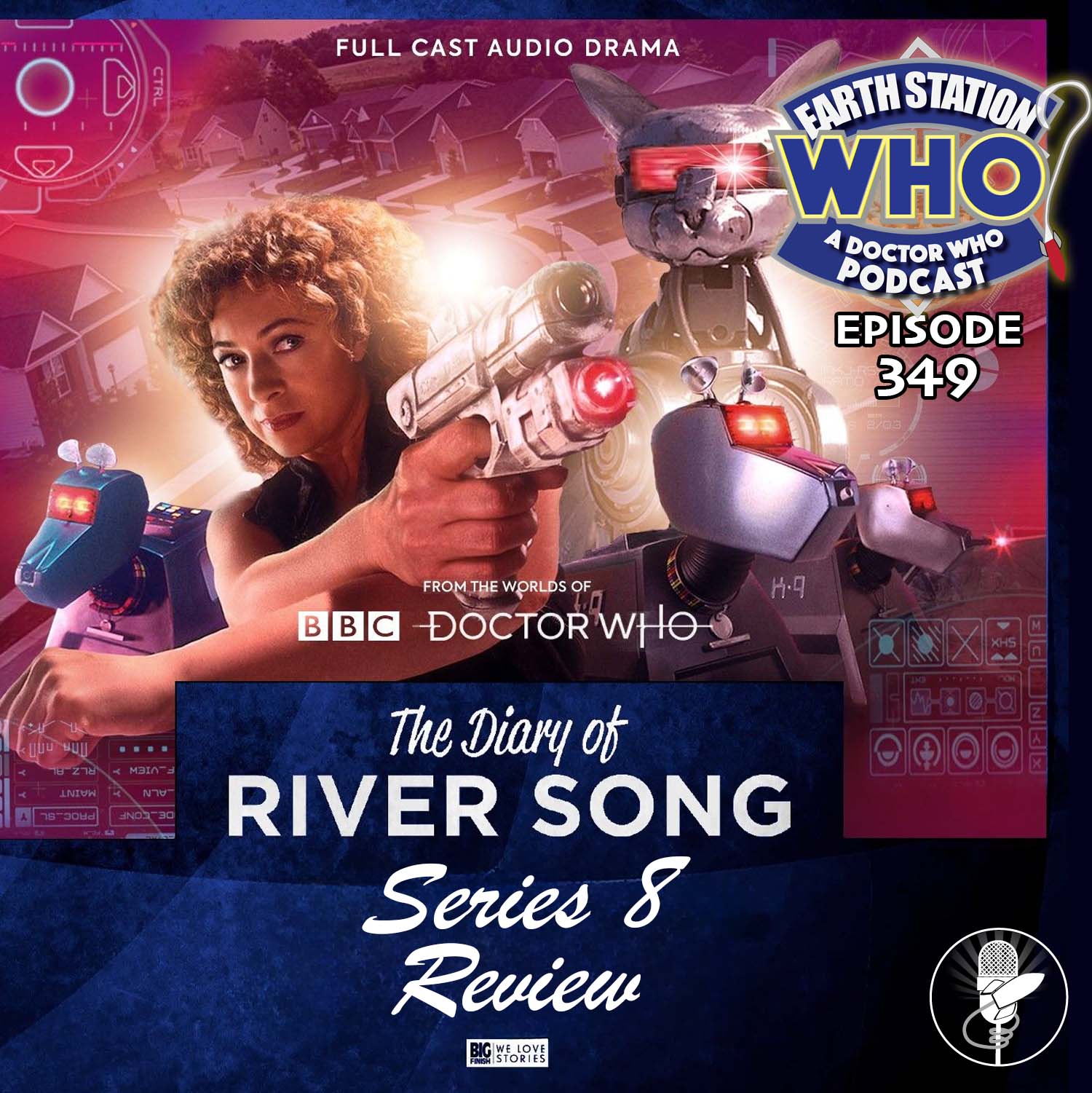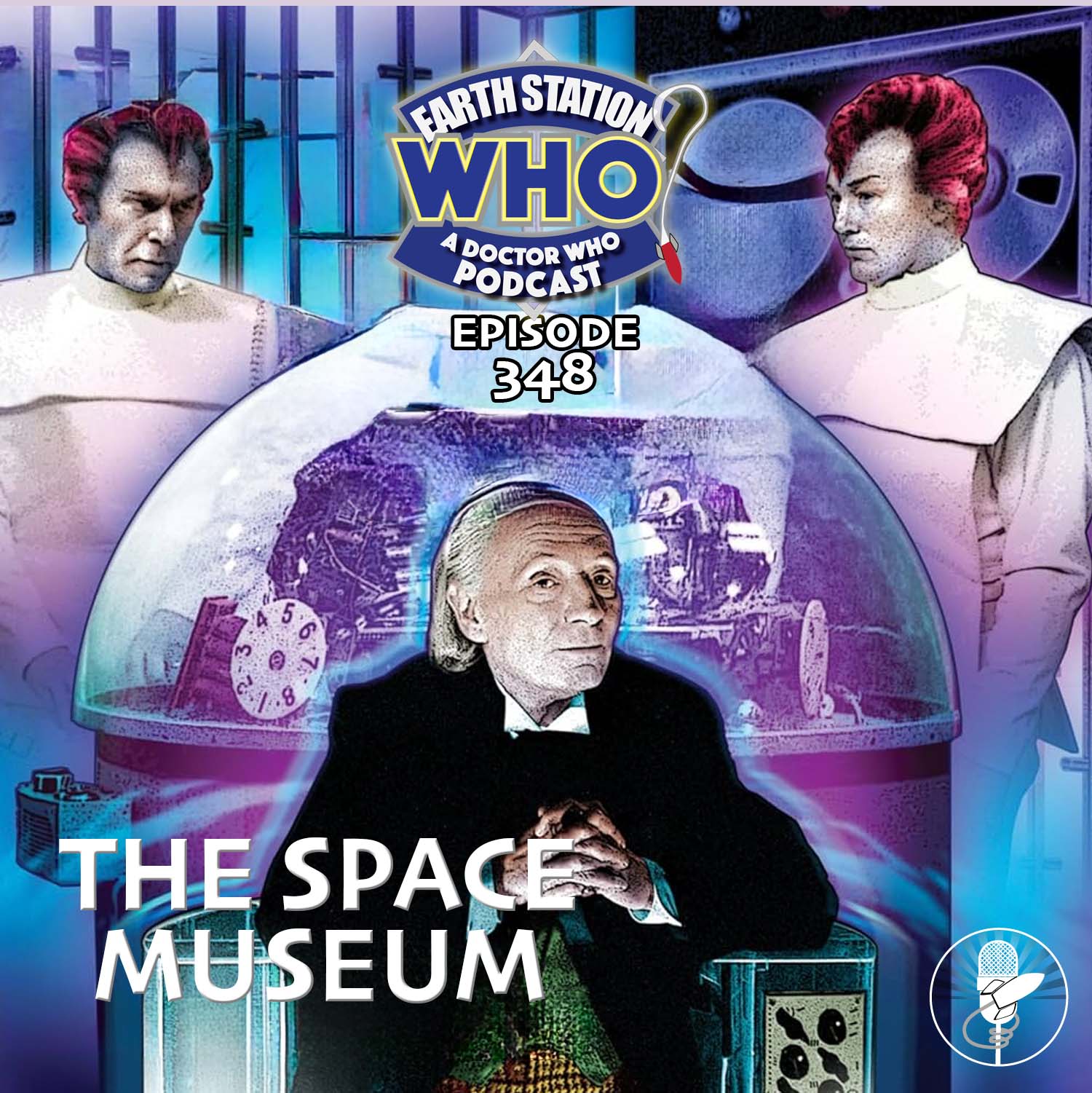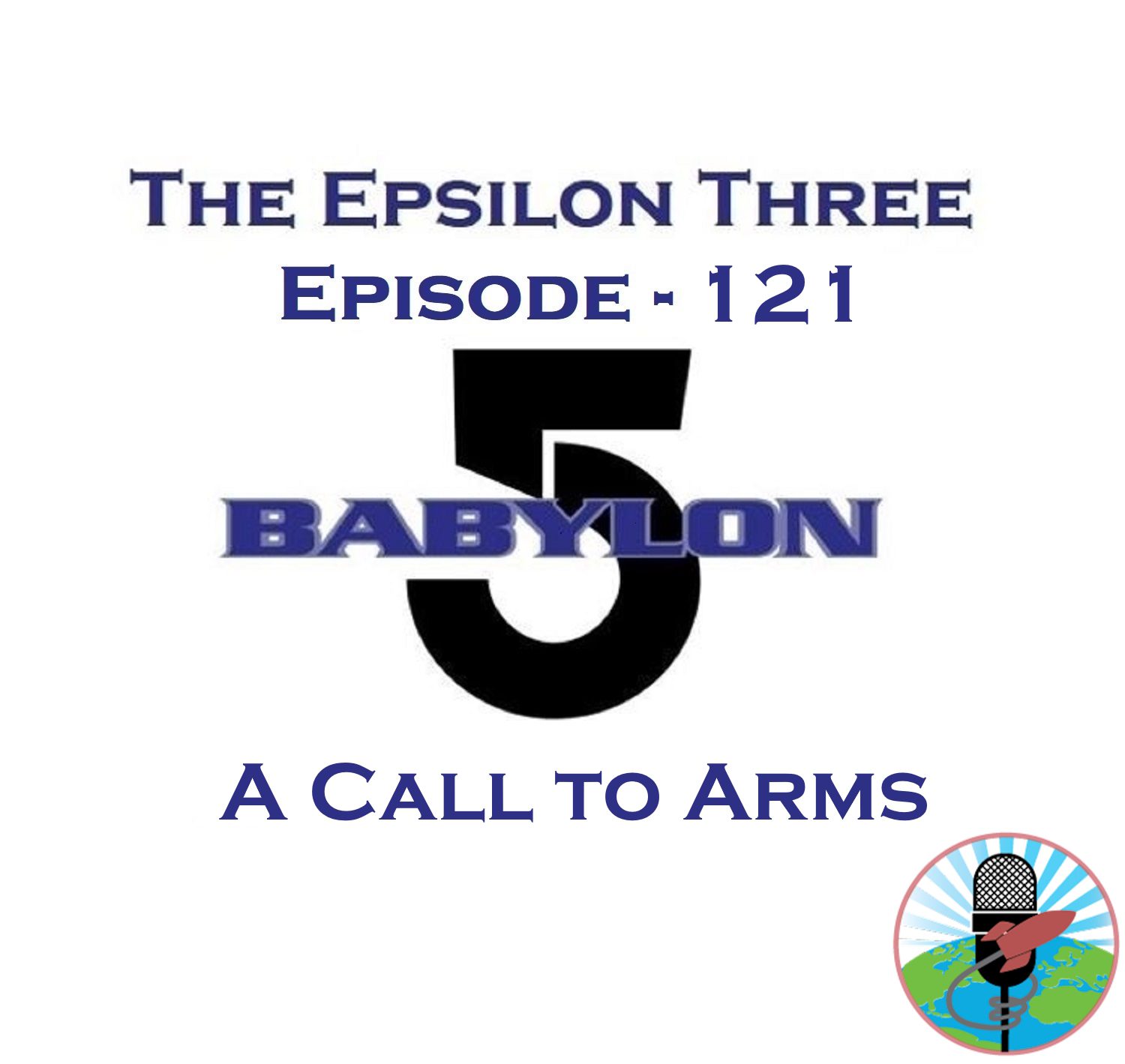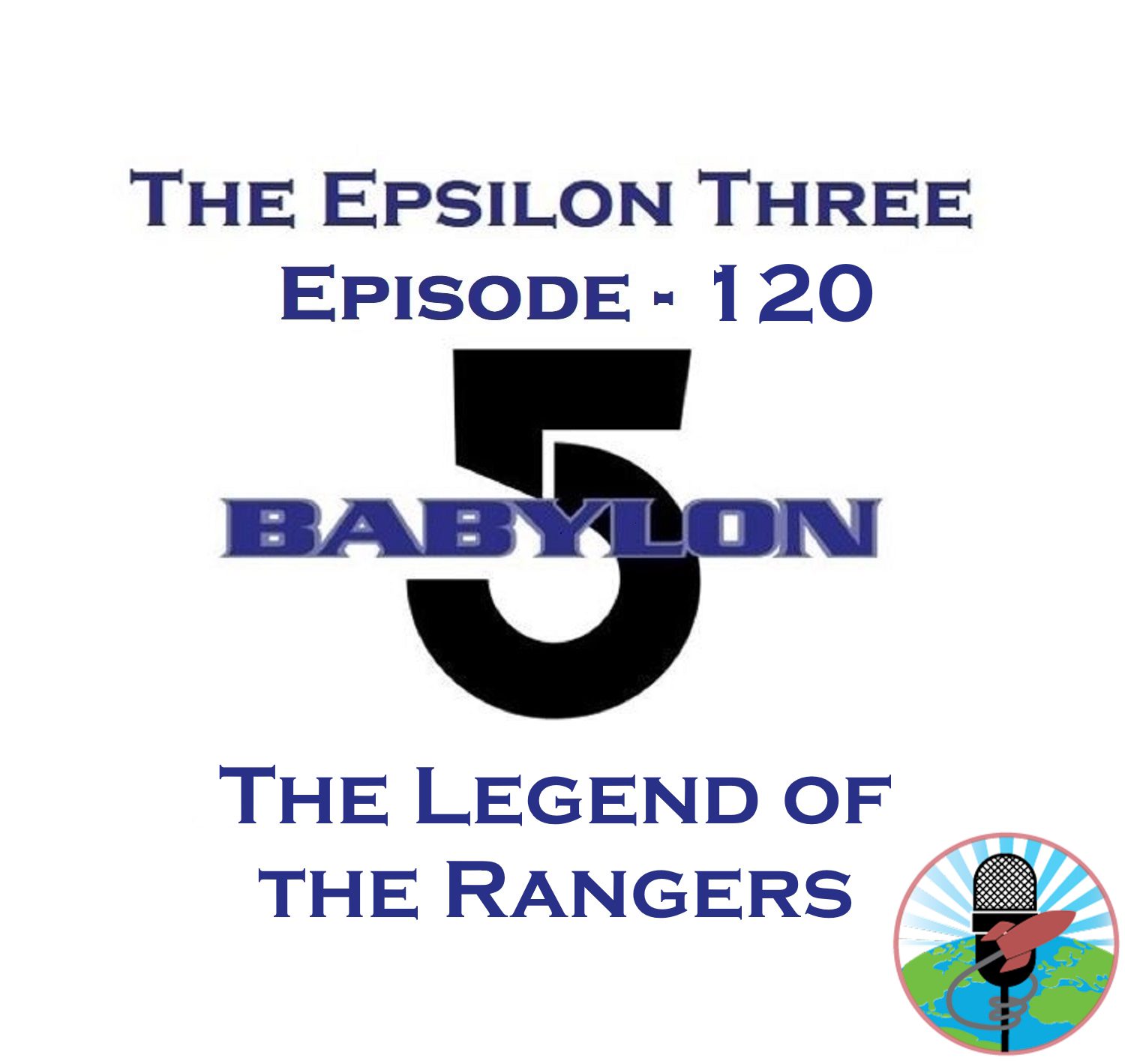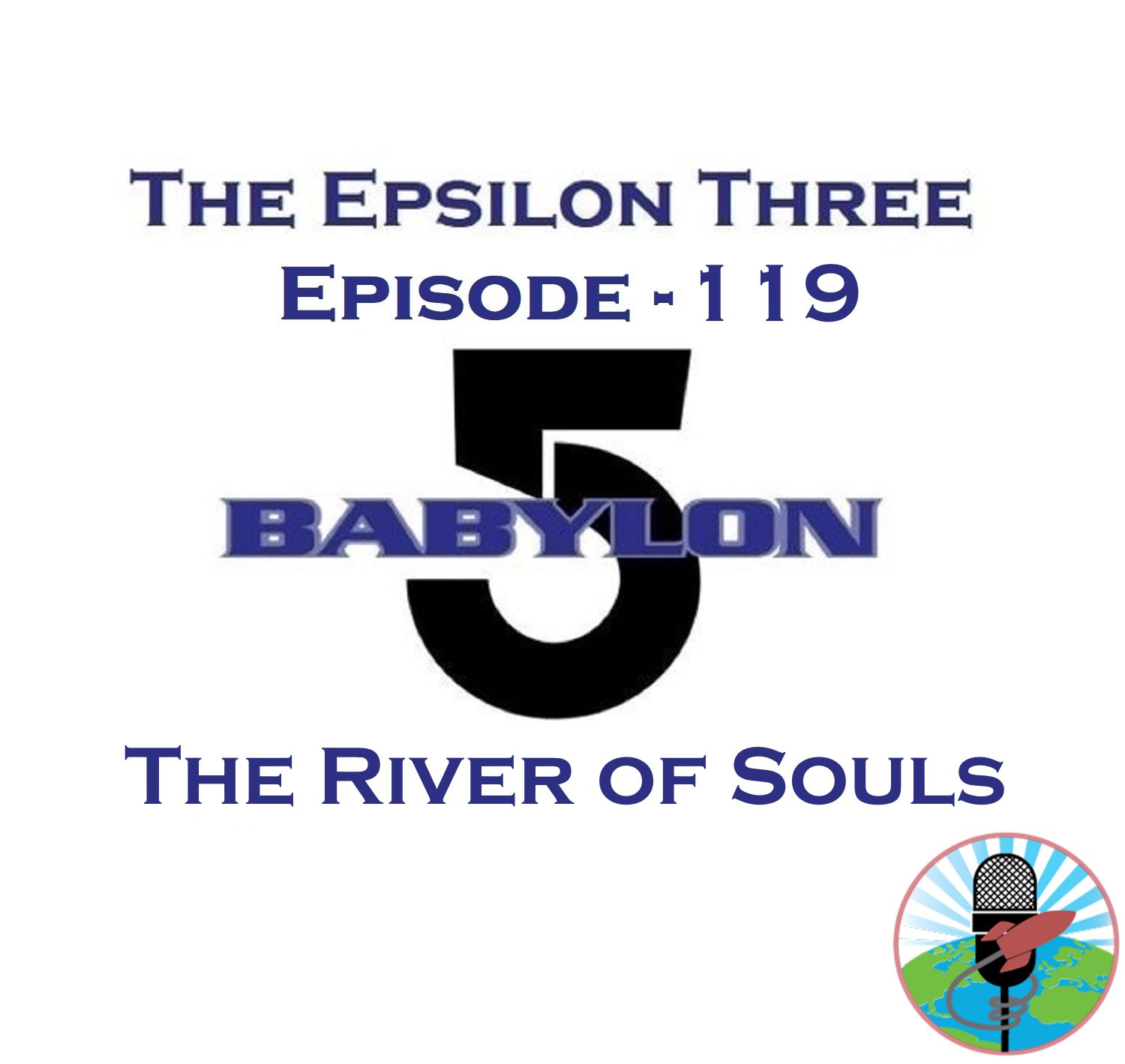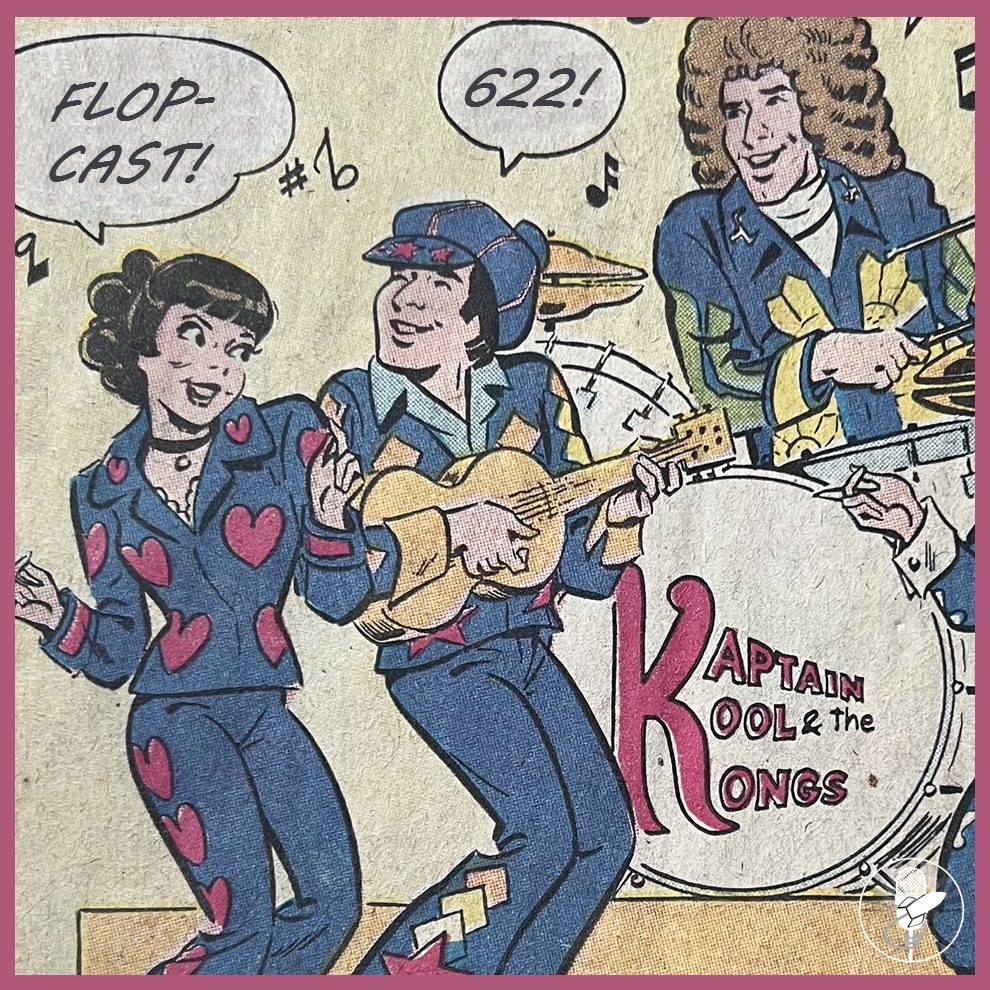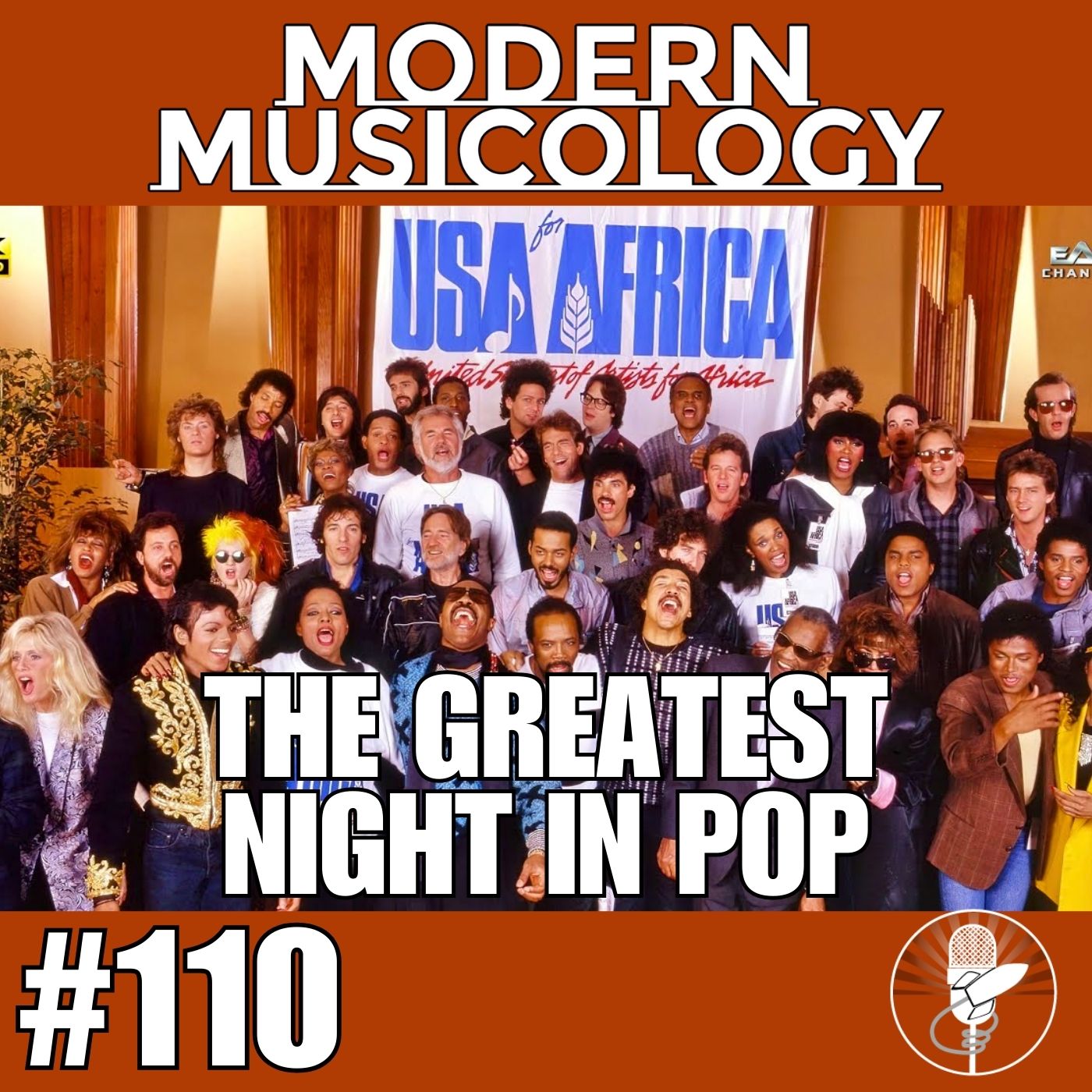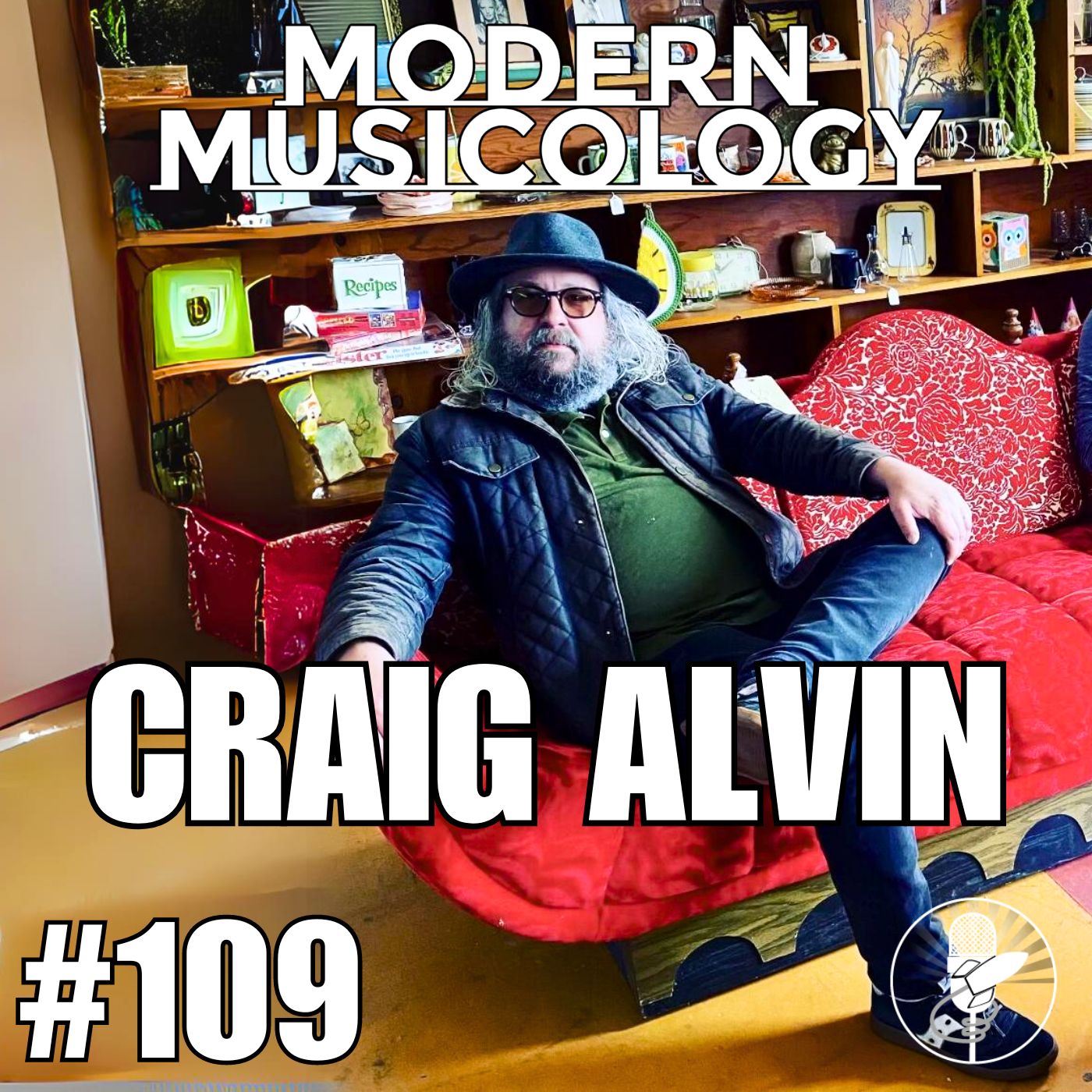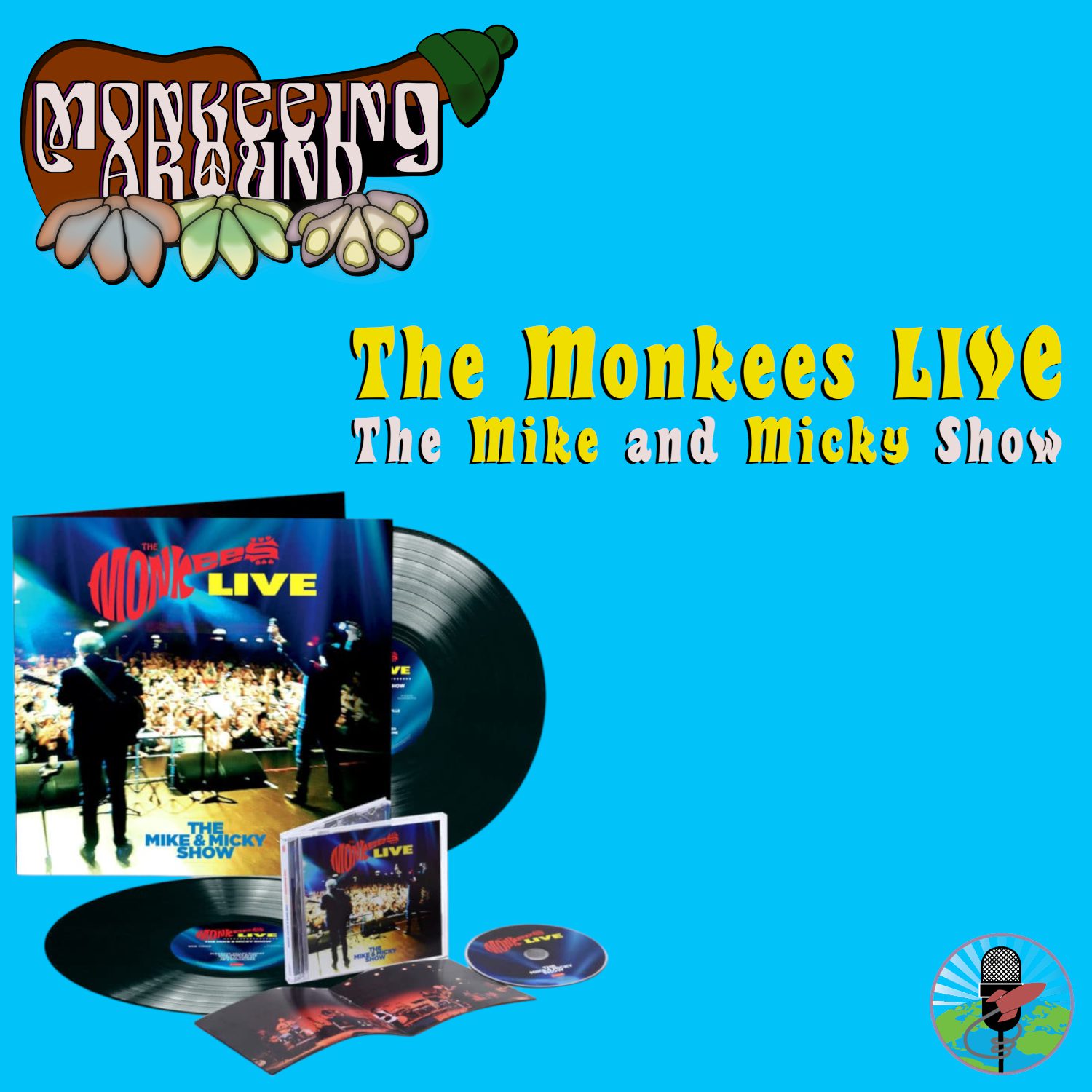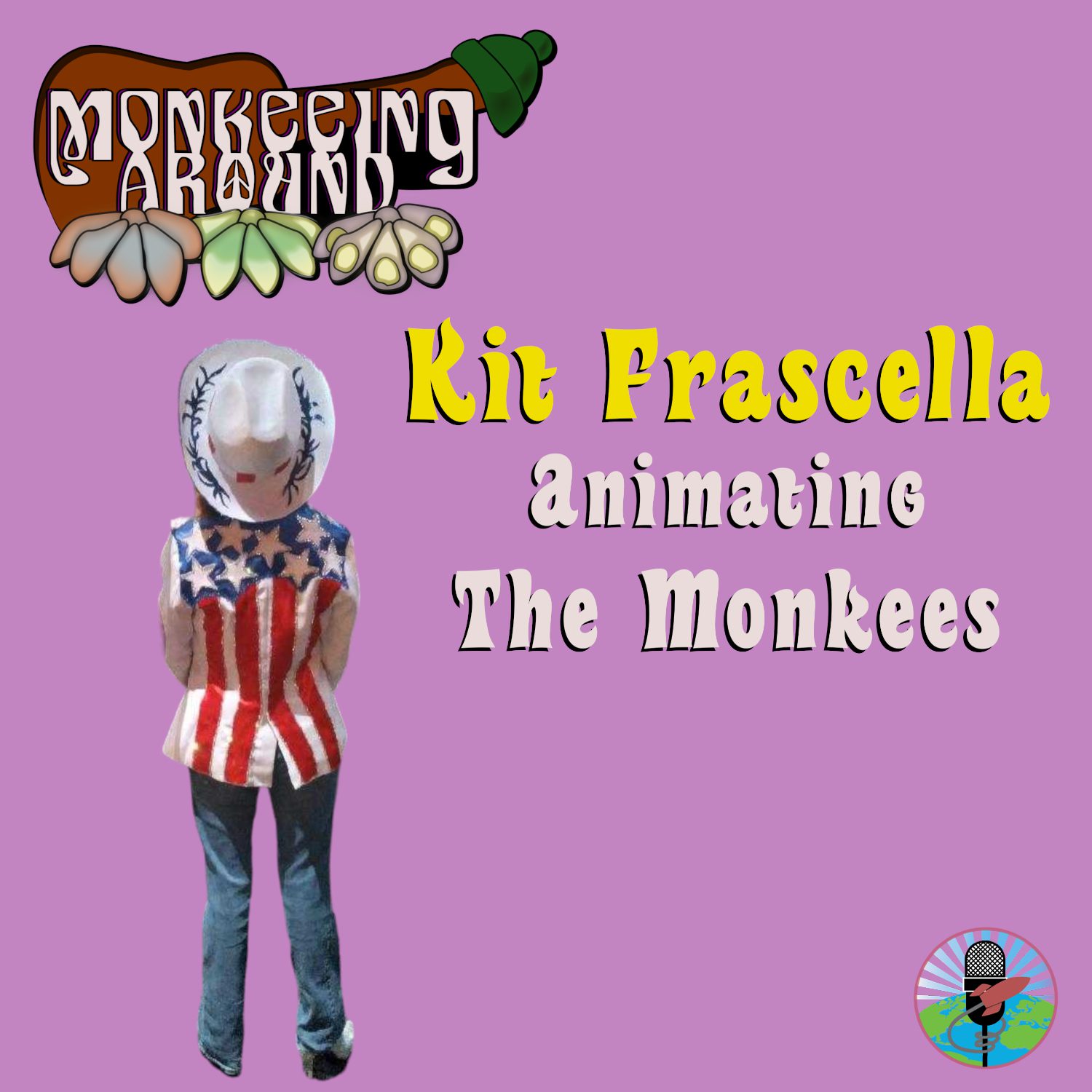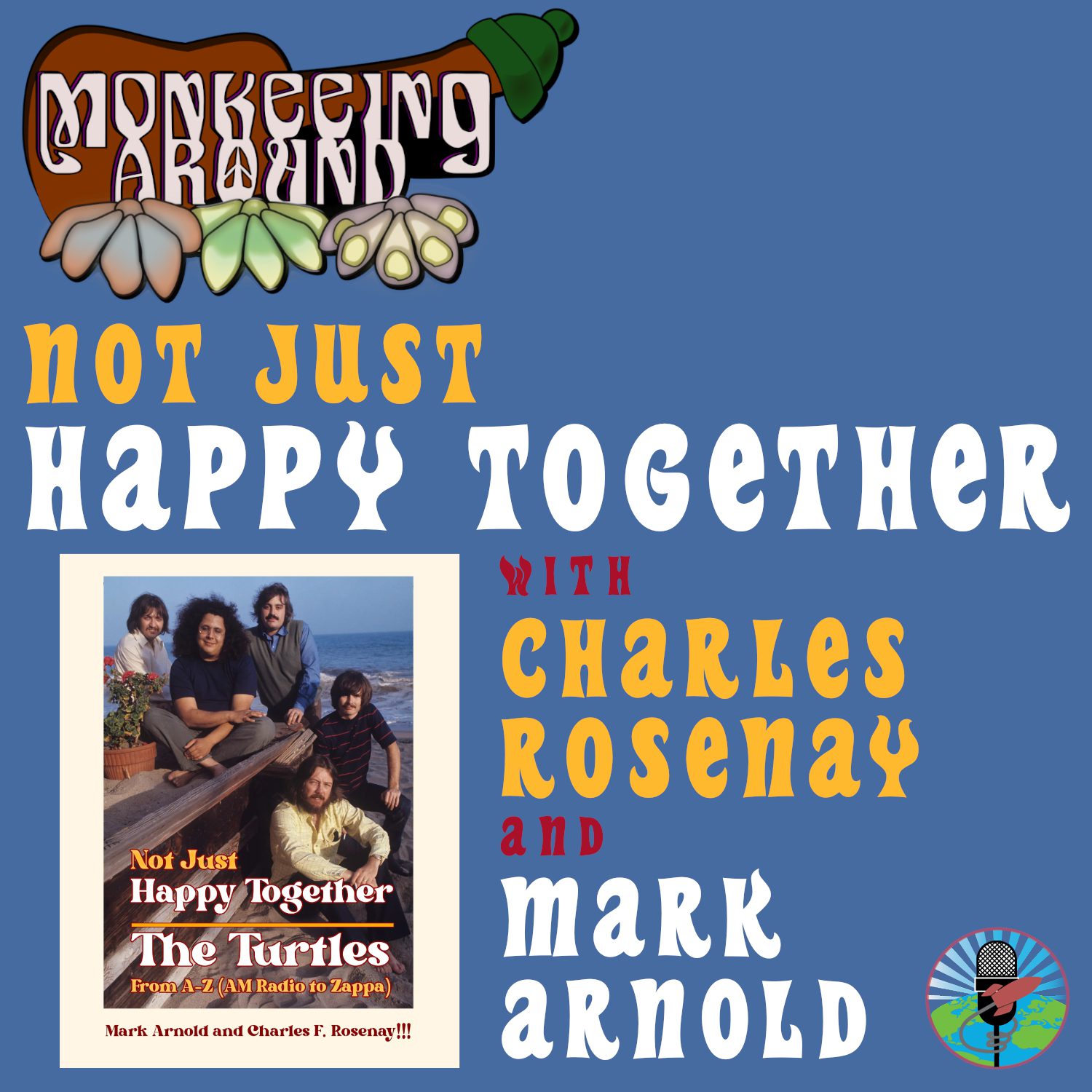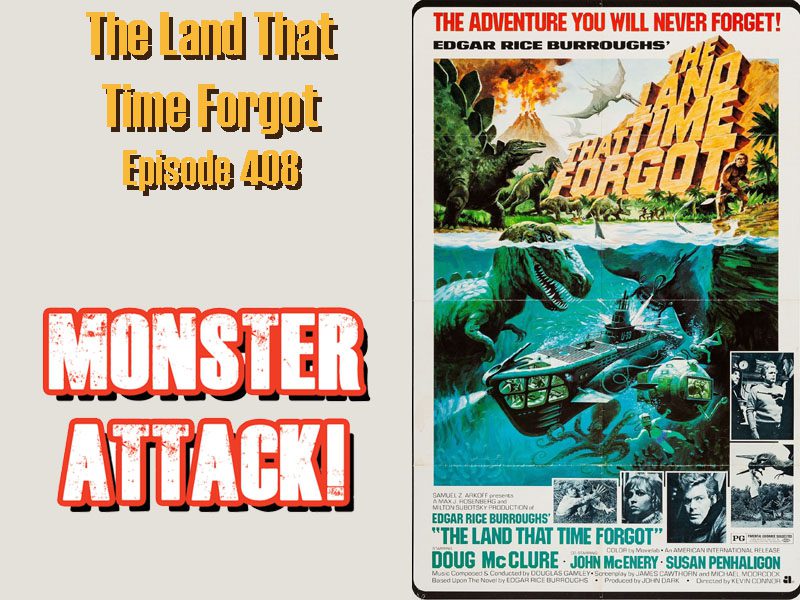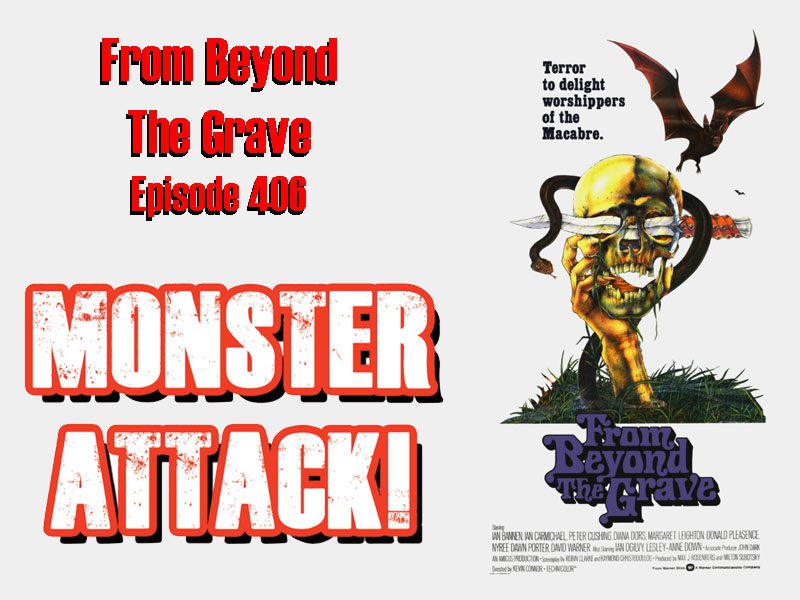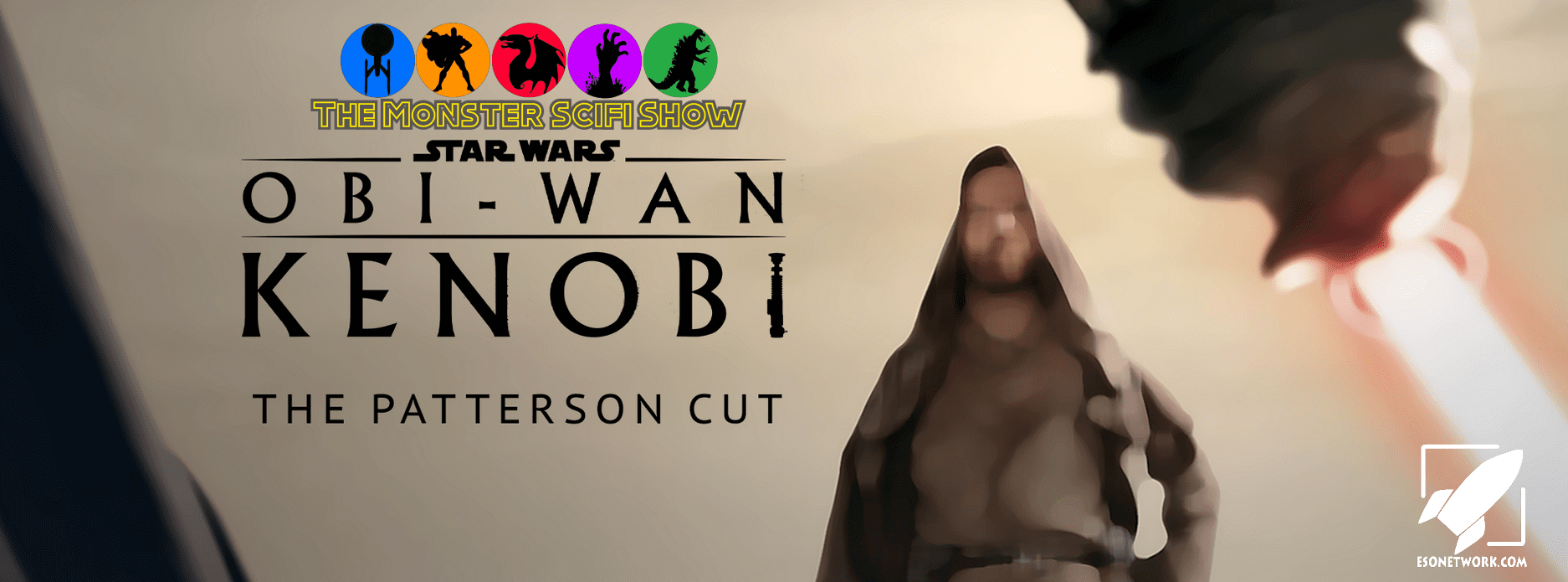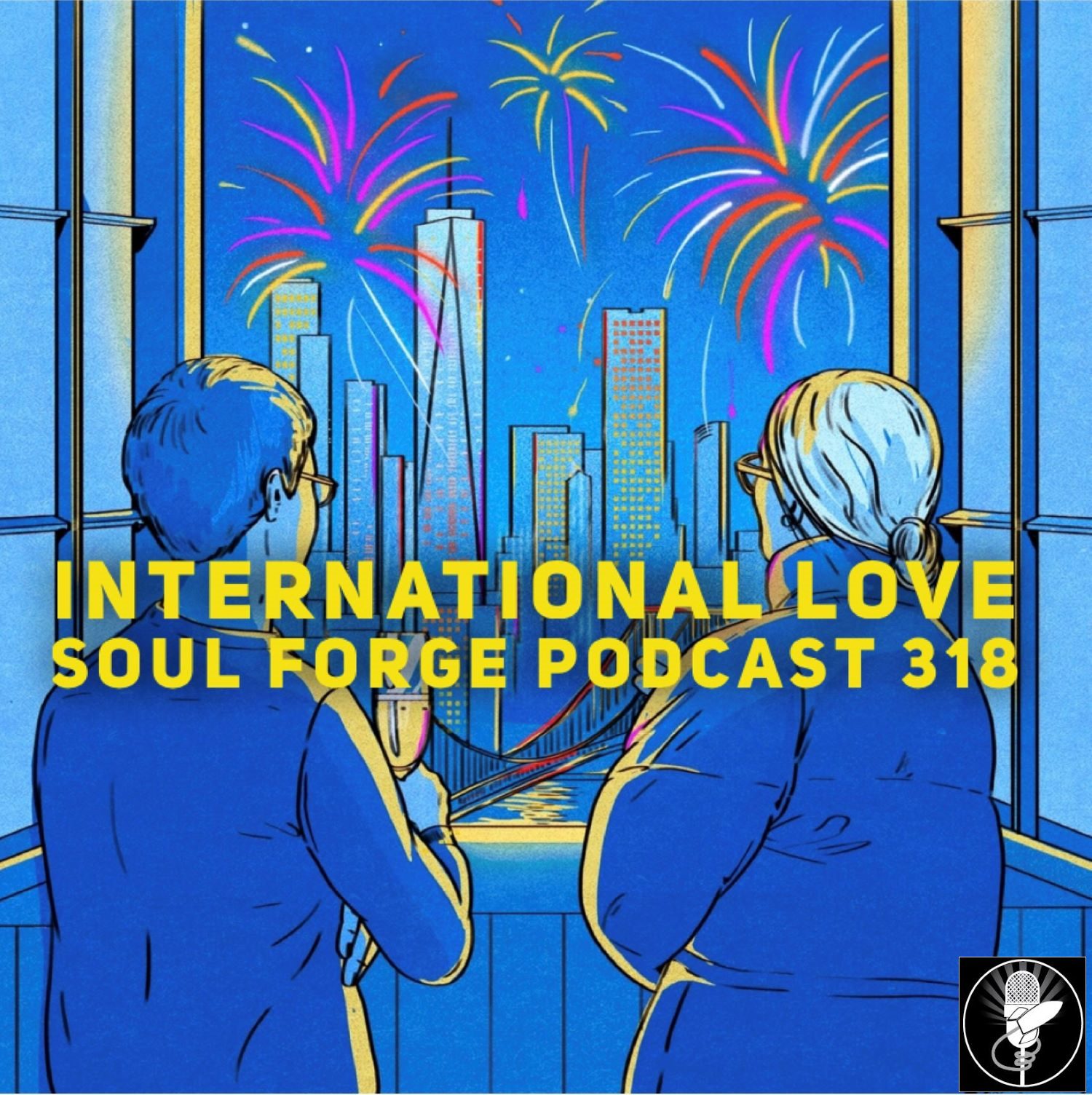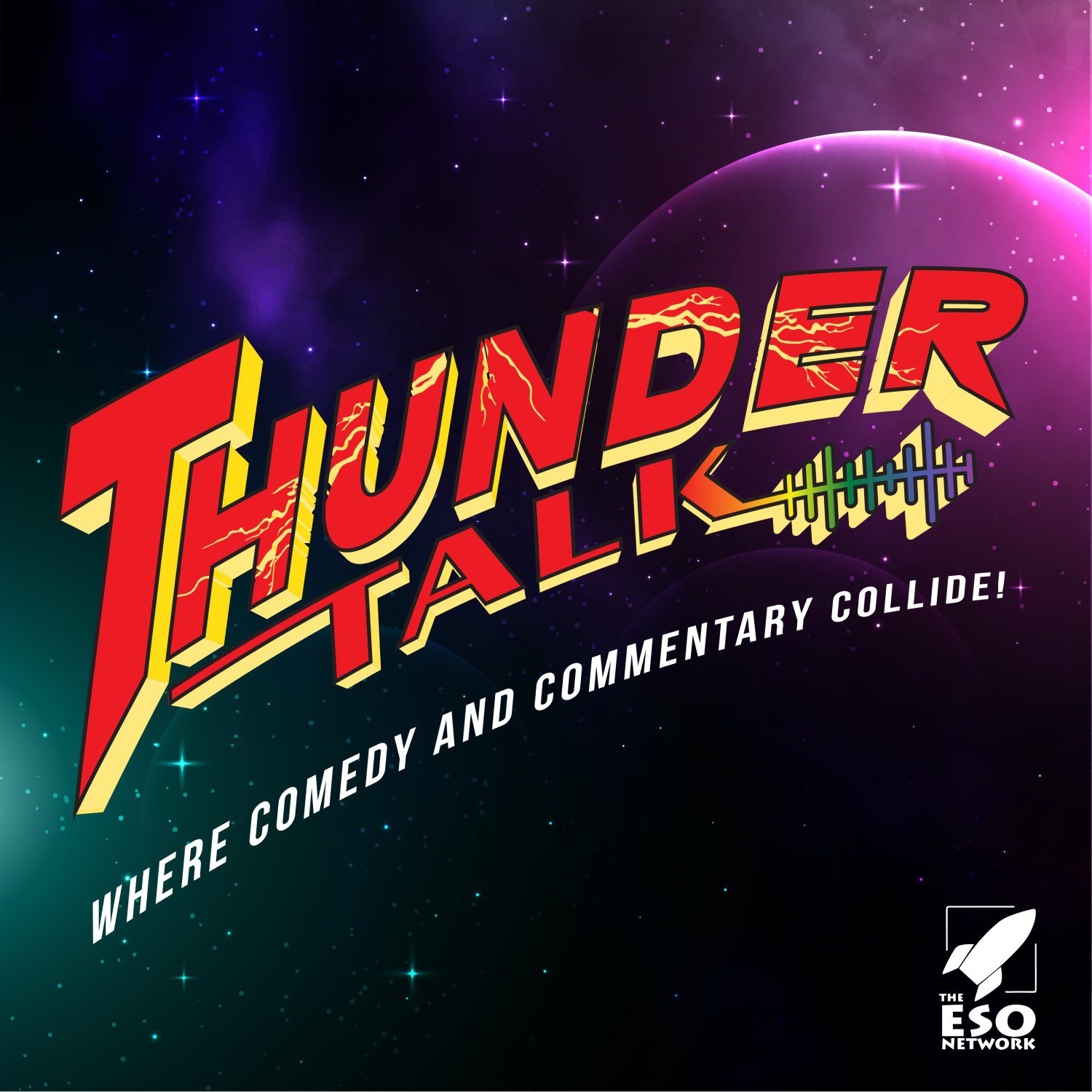My friends and family used to give me a hard time about never writing negative reviews. I used to feel really guilty for saying something bad about a movie or TV show, and so my reviews always ended up sounding semi-positive in the end, even if I’d actually meant to be more critical. ?
I’ve gotten a little braver since then (well, at least I think I have), and I’ve tried to be more honest when a particular film or TV show didn’t live up to the hopes I had for it. But sharing negative opinions about media still feels like a sensitive topic to me, especially with some of the issues that have popped up recently in fandom.
There’s been a lot of discussion lately surrounding the idea of “toxic fandom.” While I still continue to believe this toxicity is only a very, very small percentage of fans, sometimes the negative voices receive the most attention. And it’s time for us to address this more directly than maybe we have in the past; I don’t think simply “ignoring the trolls” is going to work anymore. Fans directly harassing creators, performers, and company officials has got to stop. We can’t let anger dominate conversations about media. However, what does this mean for the rest of us, the good-natured fans who want to share an honest criticism or piece of feedback online? Where do we draw the line between fair criticism and toxic negativity?
I won’t pretend to have definitive answers to these questions. But I would love to have a discussion with fellow fans about the best ways for us to honestly and fairly discuss media. I think it is possible to criticize media without being unkind or driving wedges between factions within our fan communities.
Making it personal
One of the first questions we have to answer is what sort of “rights” a fan has when it comes to responding to media. Does buying a $15 movie ticket give you the right to post a negative review? To contact the director and tell them you didn’t like it? To call for a boycott?
I do think that if a creator has released a piece of media to the public — whether that be a movie, TV show, book, song, etc. — the public does have a right to form an opinion on that work. If I watch a movie and did not care for it, I think it’s fair for me to write a review and post it on my blog. However, even if my review is negative, I still try to be as balanced and fair as possible.
By contrast, I do not think that I have the right to reach out directly to the creator. For example, I was disappointed in “Justice League,” and I wrote a review saying so. If the movie comes up in online discussion groups, I may share my opinion there as well. However, I would not feel right about reaching out to Joss Whedon to tell him that I thought his tweaks negatively impacted the movie. At least to me, that feels like stepping across a line.
This would never happen ? but if for some reason Joss Whedon decided to invite me to have a cup of coffee and asked me directly about my thoughts on “Justice League,” I would try to comment honestly. But I wouldn’t feel comfortable doing the same thing, say, in a tweet. My purchase of a movie ticket does not grant me personal access to Joss Whedon. Besides, if I got to do something as awesome as have coffee with Joss Whedon, I’d want to chat about his projects that I’m most passionate about anyway — like “The Avengers” and “Firefly.”
Other fans might have a different opinion on the issue of providing feedback to creators, and I’d love to hear if you have an alternate view. Personally, I don’t feel it’s appropriate for me as a fan to tell a creator directly how they should or shouldn’t do something.
Constructive criticism
So, if you are going to post a negative review or criticize a movie, TV show, etc. in an online forum, what kind of rules should guide what we do or don’t say?
I think one of the most helpful things for promoting discussion is including as much detail in a review or comment as possible. I’ve seen too many comments on Reddit that are basically the equivalent of “‘The Last Jedi’ sucks. I HATE Rian Johnson! Get rid of Kathleen Kennedy!” or “Marvel movies are just stupid.” To me, those kind of comments do not really contribute to discussion. As someone who really loves “The Last Jedi” and Marvel movies, those kind of comments immediately put me on the defensive and make me want to shut down. These comments feel more like personal attacks aimed at creators vs. actual commentary on the films.
If, however, you put more detail like, say, “I did not care for ‘The Last Jedi’ because I thought the portrayal of Luke was unfair to his past legacy. I was disappointed in how he was treated within the film.” Although I personally would still disagree with that opinion, because I loved how Luke’s character was handled in “The Last Jedi,” the comment was still made respectfully, and it gives me some discussion points to (politely!) respond to. Good criticism should always inspire discussion.
Opposing viewpoints
It’s good to be honest when we share our opinions, and fans shouldn’t feel pressured to like something “just because.” Still, it’s important to remember, as we criticize a film or performance, that there are real people involved. If we’re going to be critical, we can still do it with sensitivity and respect.
It’s also good to remember that there really is no one “objective” view about a film. I’ll be honest — I was a little disappointed in “Incredibles 2.” I thought it didn’t live up to the first one, and I don’t have a pressing need to see it again. However, I’ve chatted with other fans who really loved it, and I think that’s awesome. I have a right to my opinion, and they have a right to theirs. It’s always good to keep opposing viewpoints in mind and to support alternate opinions.
We shouldn’t shy away from sharing a negative opinion, or politely telling someone we don’t agree with their analysis of a film. But in our modern world, especially with some of the weird online dynamics we have going on right now, building community should be our first goal. Fair and constructive criticism has a place in that community, but people need to come first.
So, what are your thoughts on this issue? What counts as fair criticism? What ethics do you think should be involved when discussing media?









